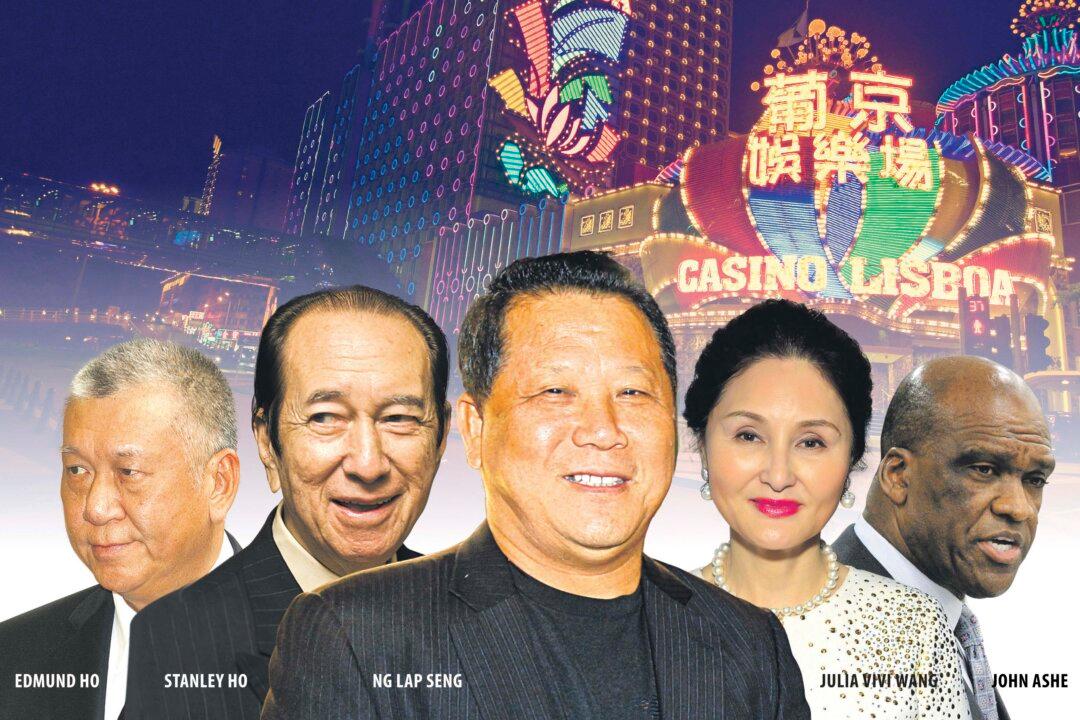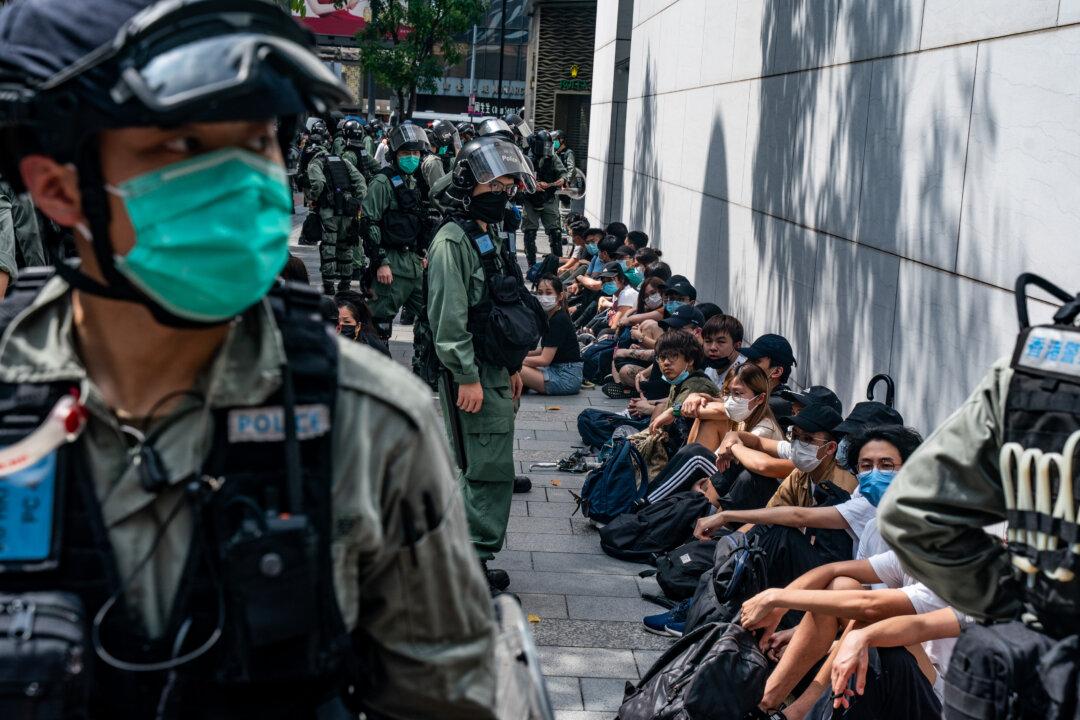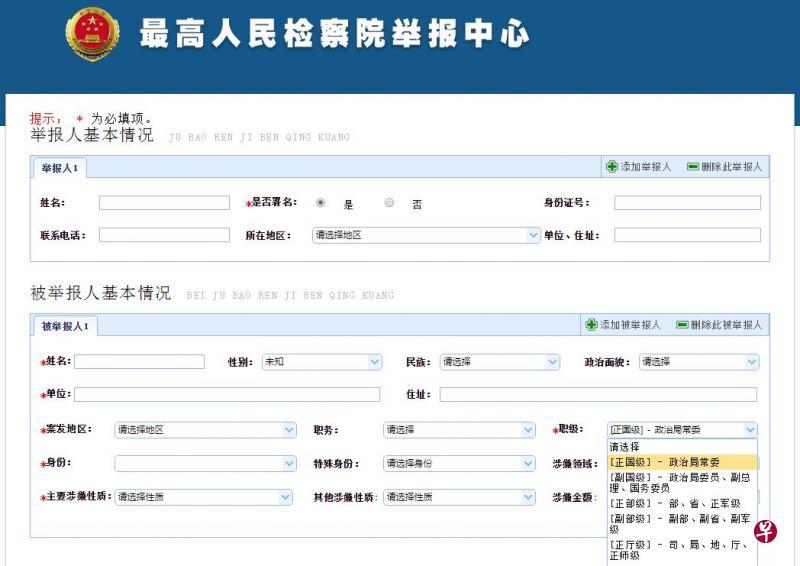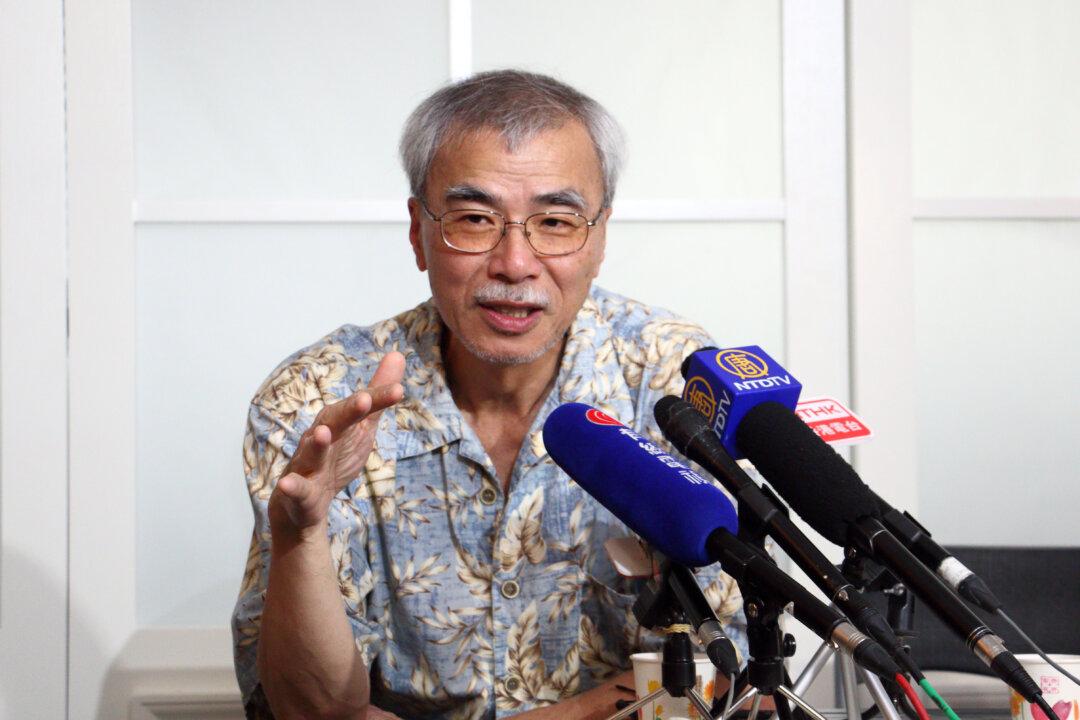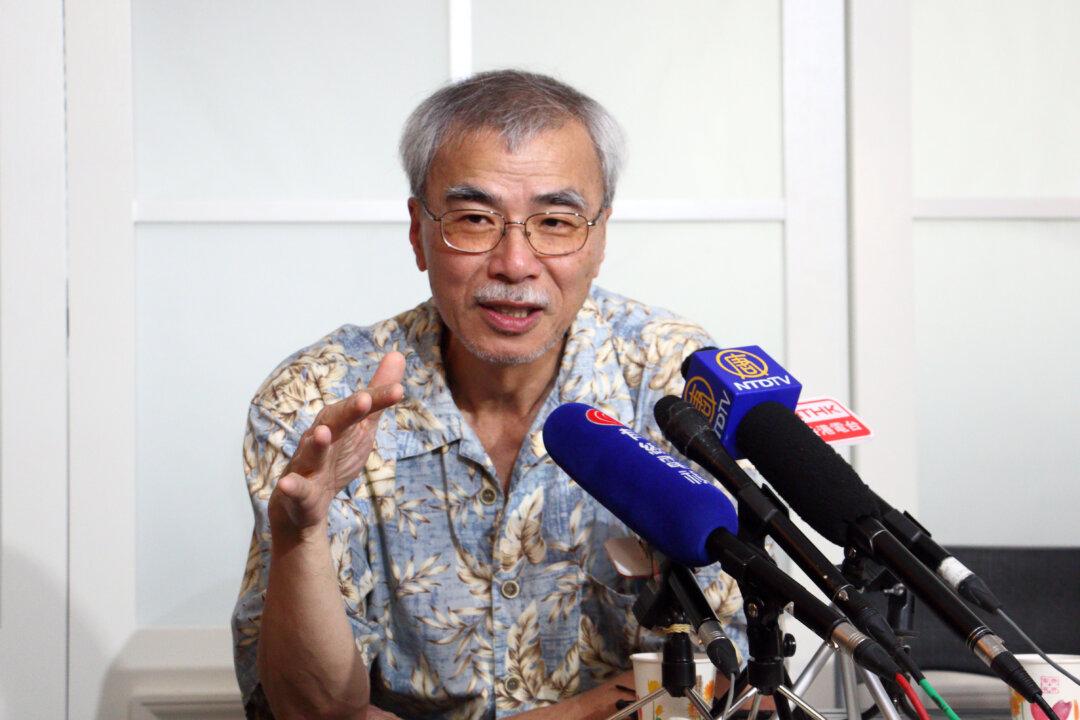A series of major breakthroughs have been achieved in the case of Macau real estate businessman Ng Lap Seng’s bribery of John W. Ashe, the former president of the United Nations General Assembly. This and other corruption cases in Macau have been linked to the Jiang faction of the Chinese Communist Party (CCP).
Macau, which is separated from Hong Kong by only a strip of water, has always been considered a main channel of corruption and money laundering for CCP officials. Earlier this year, the Chinese Central Discipline Inspection (CCDI) stationed a team leader of discipline inspection in the State Council of Hong Kong and Macau for the first time.
The team leader, Li Qiufang, recently told the media that the corruption within the system in Hong Kong and Macau is under investigation. Meanwhile, a few major cases were cracked in Macau.
These include the breakthroughs in Ng’s complex bribery scheme, the imprisonment of the nephew of Macau casino tycoon Stanley Ho for manipulating prostitution, and the arrest of former Macau Attorney General Ho Chio Meng for corruption.
All of these cases are related to the Macau business and political forces of former CCP leader Jiang Zemin and his supporter, former Chinese Vice President Zeng Qinghong.
Ng’s Bribery
On March 16, 2016, Francis Lorenzo, a deputy permanent representative of the Dominican Republic to the United Nations, pleaded guilty to assisting Ng in bribing Ashe.
A Chinese female suspect was arrested on March 17. The latest development reveals that Hong Kong has also been involved in the case.
